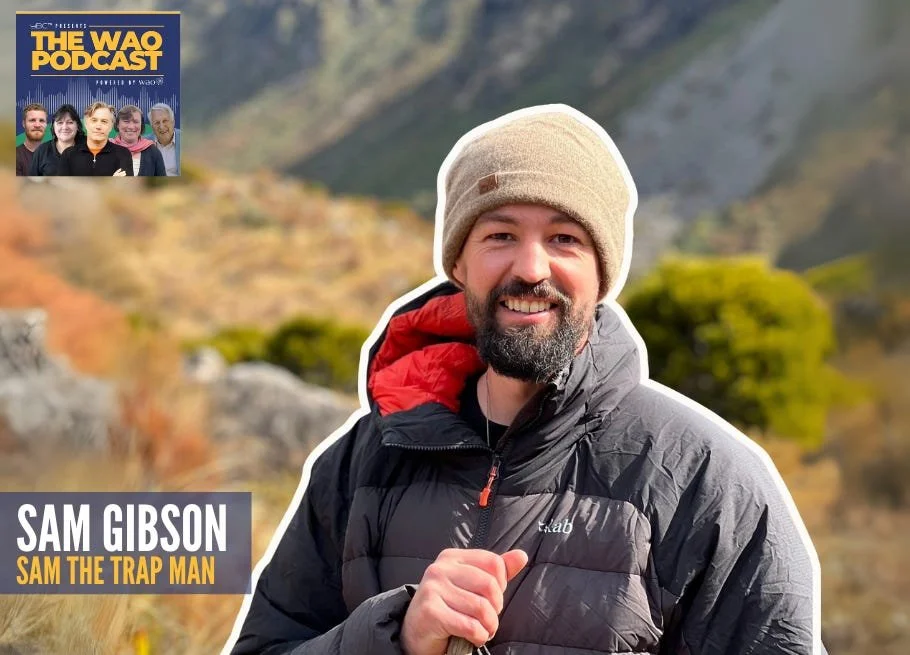Wao Podcast: Giving people the opportunity to be in nature changes people.
If you’re interested in nature, and how important it is to our wellbeing and our future, this episode is one for you.
Sam Gibson, better known as Sam the Trap Man is a trapper, conservation worker and passionate advocate for nature. He's spent his life in the bush hunting, trapping and fishing, and has worked for DOC as well as private conservation organisations. He’s also one of the most positive people Mark has had the pleasure to interview. Sam is also speaking at this years Wao Summit at the Journey to 2125 Kōrero.
At the time of recording (earlier this year) Sam was based in Tairāwhiti on the East Coast of the North Island. He is now based in Greymouth, on the West Coast of the South Island.
Sam is all about helping reconnect people with their ecosystems through educational bush excursions, where he teaches diverse groups, from farmers to young people, about the importance of conservation and ecosystem literacy. Sam's efforts have led to significant conservation successes, and his work has influenced a lot of people over time to get involved in conservation projects and to remain more connected with nature.
Take a look online on Facebook, Instagram and TikTok, and you’ll also see that Sam is a skilled communicator. Already well known on these platforms, he has plans to create more New Zealand-centric content, such as documentaries and educational series, to further promote the importance of ecosystem relationships and conservation.
Takeaways
Connection to Nature: Sam emphasises the importance of reconnecting people with nature to foster a sense of belonging and responsibility towards ecosystems.
Role of Humans in Ecosystems: Humans are integral to ecosystems, and their active participation is crucial for maintaining ecological balance.
Impact of Nature on Personal Change: Exposure to nature can lead to personal transformation, helping individuals find balance and clarity in their lives.
Diverse Community Engagement: Sam works with a wide range of people, from farmers to young individuals, to promote conservation and ecosystem literacy.
Eastern Whio Link Project: This conservation project has successfully increased the breeding success of native bird species through effective predator trapping.
Social Media as a Tool: Sam uses social media to reach younger audiences and inspire them to engage in conservation efforts.
Mahinga kai: This traditional practice of food gathering is central to conservation, emphasising the relationship between humans and nature.
Innovative Funding Models: Sam's projects are supported by creative funding approaches, including partnerships with organisations and biodiversity credits.
Education and Awareness: Sam conducts educational bush excursions to teach people about the importance of conservation and ecosystem relationships.
Empowerment through Knowledge: Providing people with knowledge about ecosystems empowers them to make informed decisions and take action.
Community Pride and Involvement: Involvement in conservation projects fosters a sense of pride and worth within the community.
Challenges and Resilience: Despite funding challenges, Sam remains committed to his conservation work and continues to find innovative solutions.
Future Plans: Sam aims to create more New Zealand-centric content, such as documentaries and educational series, to further promote conservation.
Learning from Young People: Sam values the insights of young people and adapts his communication strategies to resonate with them.
Positive Change through Action: The interview highlights the power of individual and community action in driving positive environmental change.

